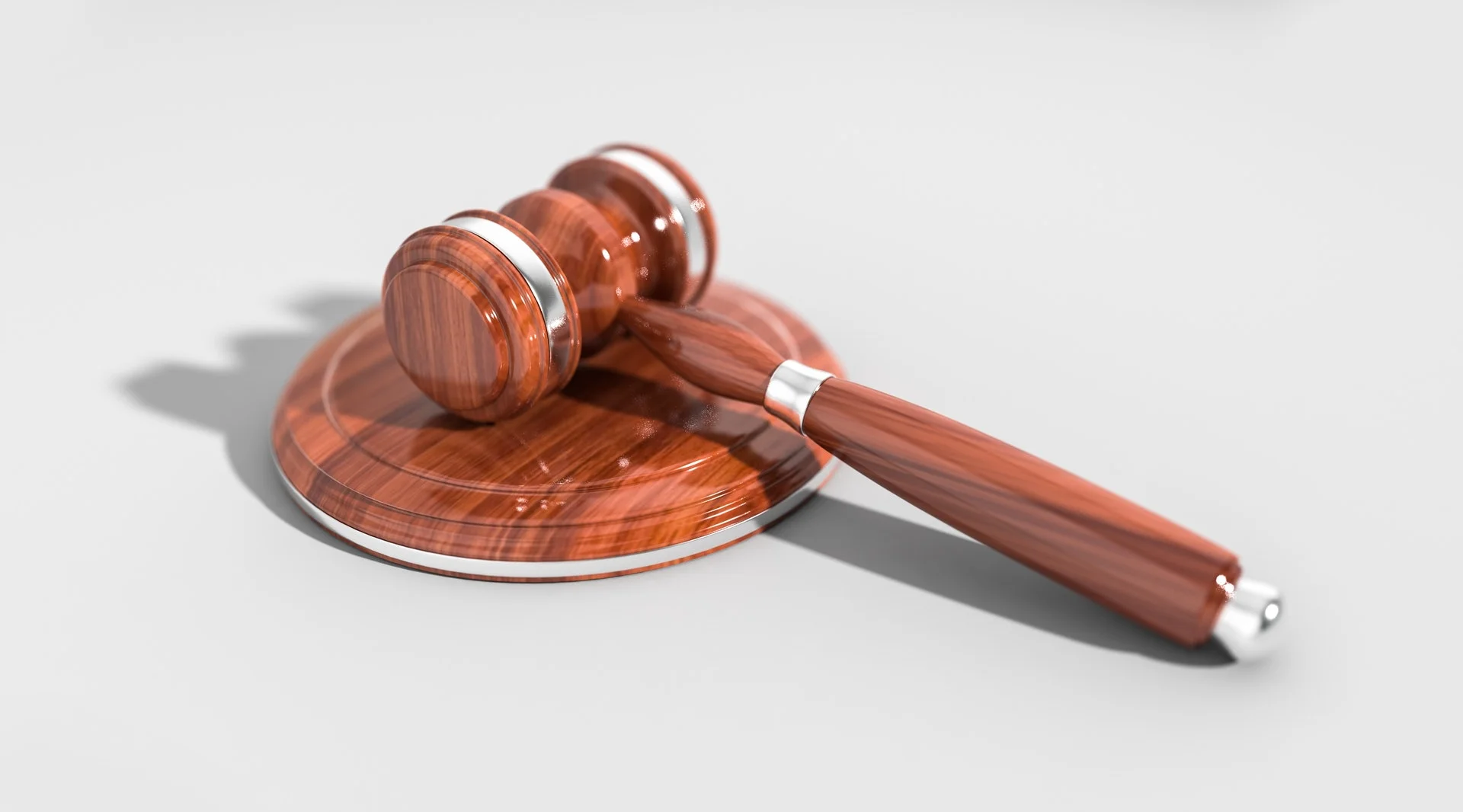A Word About Probate
You may have heard that probate is something you should avoid if possible, but do you understand what it even is? Below is a brief introduction as well as some of the main reasons you should consider avoiding probate.
What Is Probate?
When you die without an estate plan, or only a will in place, your belongings such as your home, car, and accounts belong to a dead person. Because you no longer have the ability to sell or give them away, there is a court proceeding called probate to do this for you. The goal of probate is to "prove the validity of a will" so assets are distributed according to your wishes. Of course, if you do not have a will, the court will distribute your assets according to its own set of rules, not yours, and you may be surprised at where it goes. The probate proceeding is public record, is open to contest, and is expensive.
Public Record
Probate is a public proceeding wherein notice must be given to your heirs, including those the court believes you may have left out. Anyone, even those who are not your heirs, may search court records and see what your assets were, what they were valued at, and who they were left to. The court's probate record stays on the books long after you are gone, forever disposing of any hope of privacy.
Open to Contest
Because heirs are notified of the probate procedure, including heirs the court believes you may have forgotten about, you run the risk of a will contest if you did not leave things in anything other than equally distributed shares based on degree of relation. Hard feelings may brew among one or more heirs who received less than they believed they were entitled to. Your state of mind at the time you made a will may be questioned. In short, probate runs a risk that your assets will not be distributed in the way you wanted, potentially reducing or removing what someone you cared for might have received while potentially enriching someone you did not intend.
How Expensive Is Probate?
Probate expenses vary based on factors such as the attorney your family uses to settle your estate, the size and complexity of the estate you left behind, and what state you resided in. While it is true that some states have streamlined this process for smaller estates, there are still both administrative costs and attorney's fees. Hence, it is preferable to avoid probate when possible.
Probate typically takes 2% to as much as 10% of the size of your estate when all goes smoothly. Attorneys often charge a percentage based on the size of your estate, which is typical in Kansas. Some states, including Missouri, set minimum attorney's fees, meaning attorneys are required to charge at least that fee and might request more to settle your estate in probate. These minimum fees do not reflect court costs, possible estate taxes, or other expenses. Below is Missouri's minimum probate costs for each category of estate size:
Mo. Stat.
473.153
5% on first
$5,000
4% on next
$20,000
3% on next
$75,000
2.75% on next
$300,000
2.5% on next
$600,000
2% on all over
$1,000,000
2% on all over
$1,000,000
2% on all over
$1,000,000
Estate
Size
Estates up
to $5,000
$5,001
to $25,000
$25,001
to $100,000
$100,001
to $400,000
$400,001
to $1,000,000
$1,000,001
to $2,500,000
$2,500,001
to $5,000,000
$5,000,000
and higher
Minimum
Attorney Fees
Fees up
to $250
$250
to $1,050
$1,050
to $3,300
$3,300
to $11,500
$11,500
to $26,500
$26,500
to $56,500
$56,500
to $106,500
$106,500
and higher
Costs add up even on modest estates after other expenses are added to this minimum, even in states where attorney fees are not set. If your estate does not have enough cash to pay these costs, assets such as a house, a car, or even your family business interests may be sold to create liquidity. Probate is one reason we recommend trusts for the majority of our clients. You can save your loved ones publicity, potential hard feelings, expensive legal fees, and leave your legacy in the way you want to with a properly drafted estate plan.




